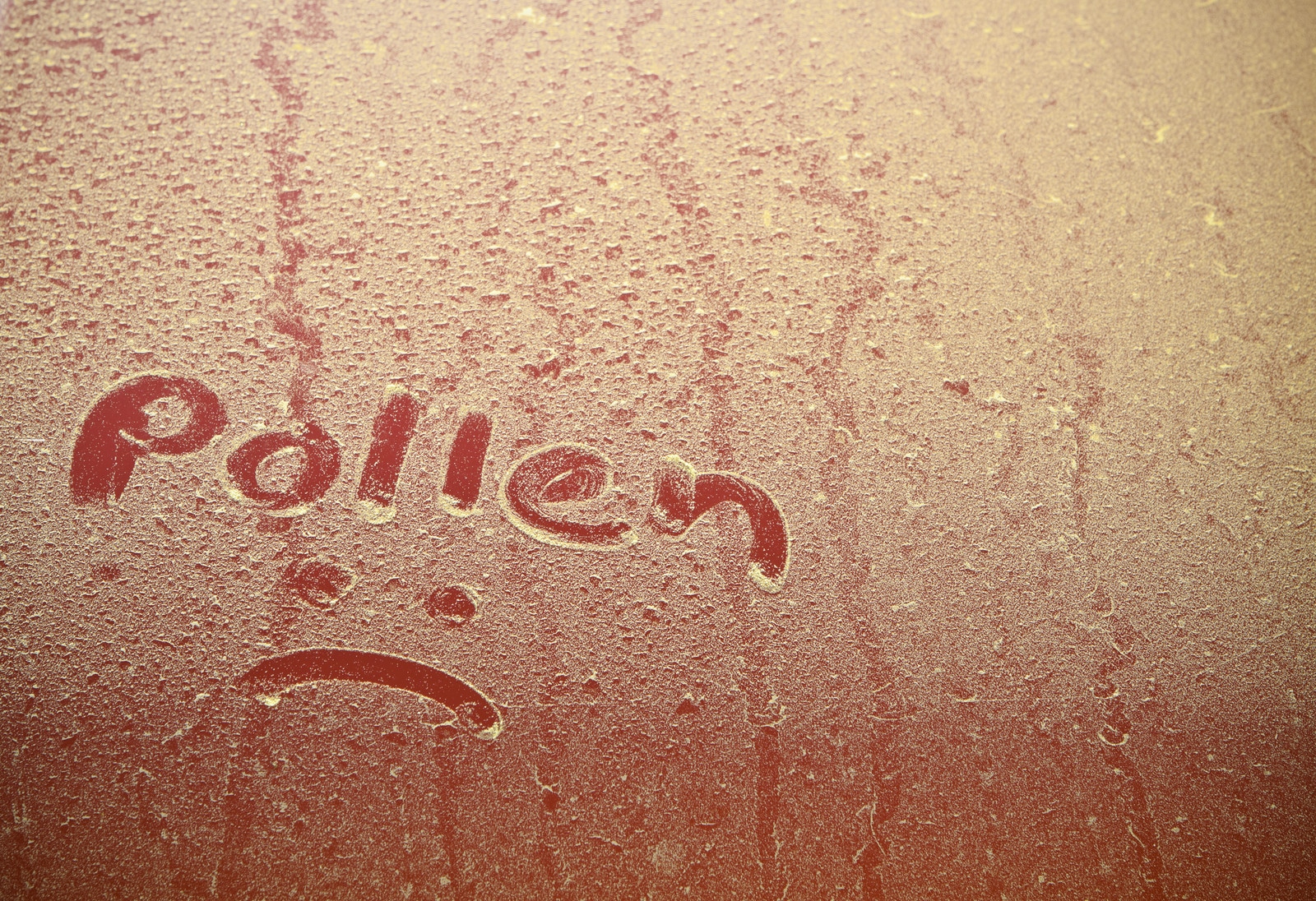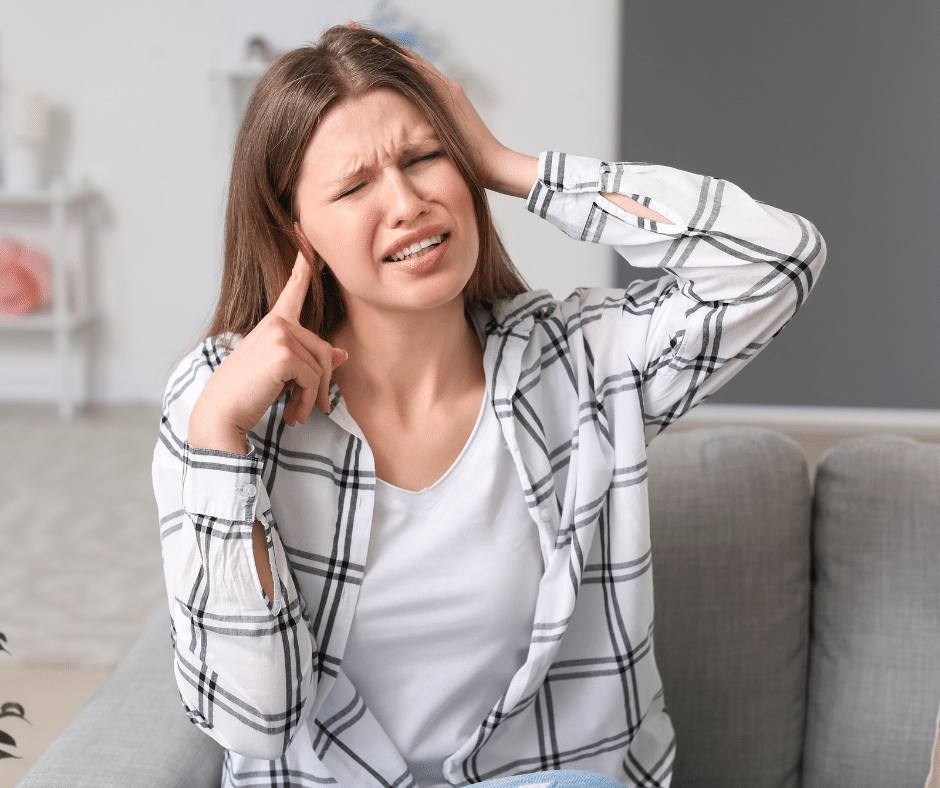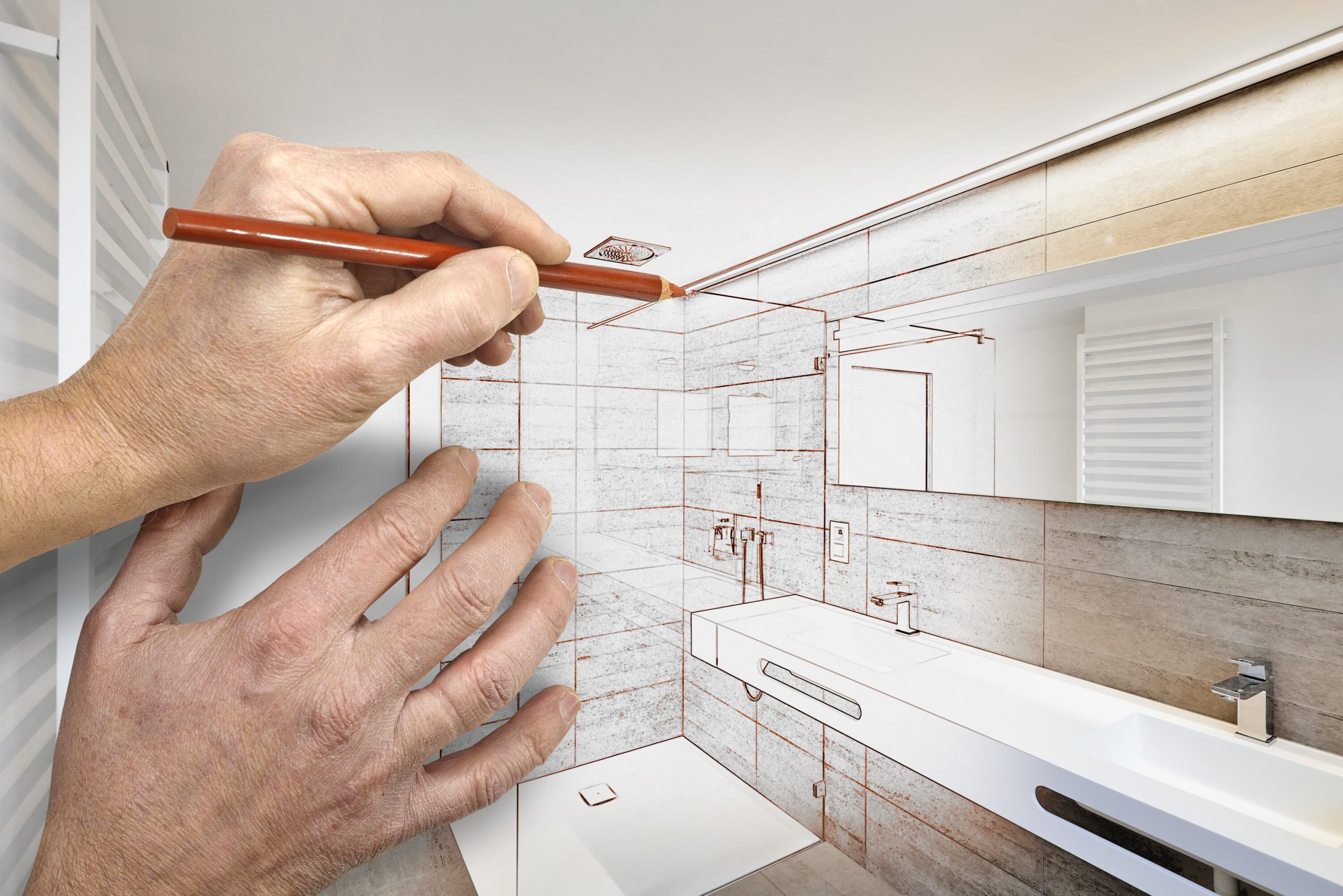
Is it a cold or home allergies?
When many of us think of allergies, we think of springtime, flowers blooming, and clouds of pollen in the air. And on our cars. And coating pretty much everything else outside. But some of the most severe allergies can actually happen in the winter, when nothing is in bloom. That’s because there are many common allergens in our homes. During the winter, we spend more time indoors. This increases our exposure to these allergens. There are ways to decrease your indoor allergen exposure that don’t require hanging around outside in freezing weather.
Indoor Allergies
The most common indoor allergens are pet dander, mold spores, tiny parasites called dust mites, and—sorry to have to tell you this—cockroach feces. (As if the parasites weren’t gross enough!) All of these allergens can cause the familiar symptoms of sneezing, watery eyes, runny nose, and scratchy throat.
See Also: Keep Allergens Out of Your Home
Air Filters
Your doctor may prescribe medication to treat your allergies. It’s generally helpful to reduce your exposure to the allergens as well. The simplest and cheapest step you can take to reduce allergens like mold spores and pet dander in your home is to regularly replace the intake air filter for your HVAC. Choose an air filter with a MERV rating of 10 or higher in order to filter out the smaller particles like pet dander, but make sure you don’t get a filter that’s rated too high for your system.
See Also: Air Scrubber Odor Eliminator
Dehumidifier
If you’re ready to go a step further in reducing allergens in your home, you might want to try a whole-house dehumidifier. Allergens like mold and dust mites thrive in humid conditions, so the CDC recommends keeping your home’s humidity level below 50%. Reducing moisture and standing water in your home—like in that pile of dirty dishes in the sink—can also make your home less inviting to cockroaches.
See Also: How to Eliminate Indoor Oder
UV Light and Air Purifiers
For the ultimate improvement in indoor air quality, consider installing a germicidal UV light or whole-house air purifying system in your HVAC unit. The UV light will kill mold growing inside your HVAC unit before it can be blown into your house, while a whole-house air purifier can help to remove all the tiny particles that your intake filter didn’t catch.
See Also: Why Do I Need an Air Purifier?
Helpful Tips
Other methods for reducing indoor allergens include installing flooring such as hardwood or tile rather than carpets, regularly washing items like bedding and stuffed animals in hot water, and having routine preventive pest control to keep those icky bugs out of your house.
See Also: Why You Should Schedule Your HVAC Spring Cleaning
Indoor air quality is important all year round, but it’s most important in the winter when we open windows less and stay inside more. Following these tips to improve the air in your home can help to ensure you have a happy holiday season, rather than a sneezy one!


